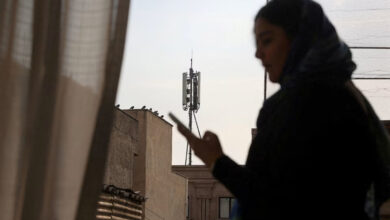Less than 24 hours after the ruling military council and cabinet announced it decision to ban new licenses for satellite channels, Saudi Arabia decided to broadcast its channels via Arabsat instead of Nilesat.
“Arabsat covers Europe, as well as those covered by Nilesat,” said Saudi Information Minister Abdel Aziz Khoga. “And it is cheaper.”
While some Egyptian media experts consider the ban a violation of media freedoms demanded during the revolution, others have praised it.
“We need to know if the ban includes the channels that have already applied for broadcast licenses but have not yet obtained one,” said Ahmed Refaat, president of the Voice of Freedom channels.
“It is a catastrophe,” he added. “Even Mubarak’s regime, which stifled the media, did not make such a decision.”
Refaat warned that channels would simply broadcast from other countries, causing Egypt’s television industry to bear enormous losses.
“We decided to broadcast from Jordan,” said Ibrahim al-Gharib, chairman of the al-Qimma channels. “And I expect other decisions relating to content to restrict freedom [further].”
Translated from the Arabic Edition




